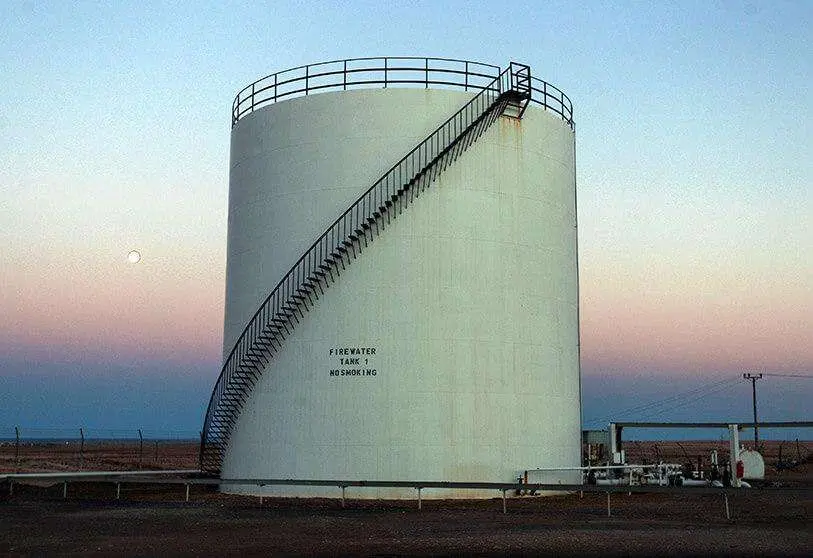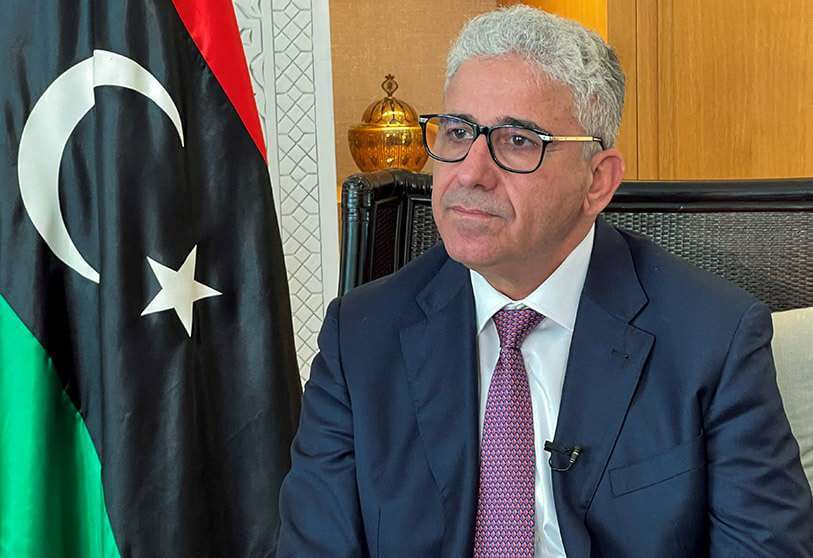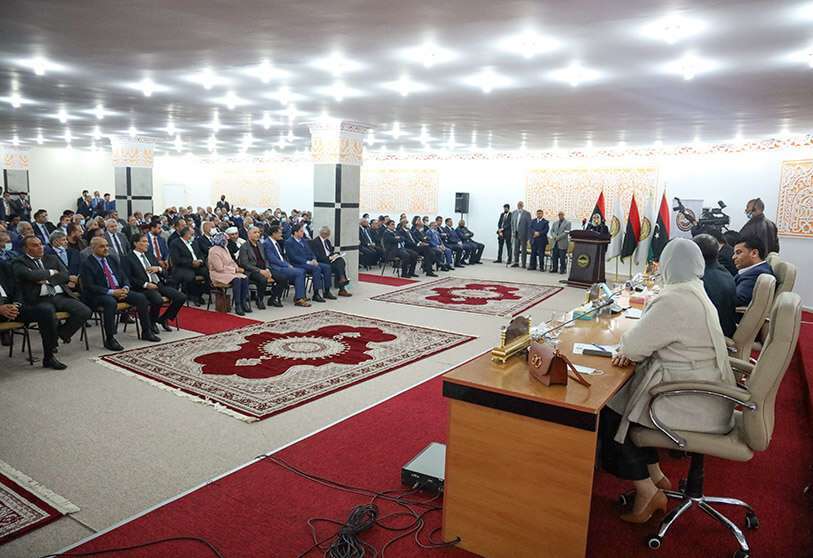Libyan oil exports remain stalled by internal political clashes

Political differences in Libya continue to cause delays in the export of Libyan oil. Tribal groups in the eastern part of Tobruk are keeping important oil zones in the area closed despite the new parliamentary-appointed prime minister, Fathi Bashagha, announcing the reopening of the oil fields.
These eastern groups caused the closure of oil fields in protest against the continuation of Abdul Hamid Dbeibé as prime minister despite the fact that he has been decreed to be replaced by Fathi Bashagha, a situation that has kept oil exports suspended since April.
Acting Prime Minister Fathi Bashagha said last week that the country's closed oil fields and ports would reopen after protesters agreed to lift blockades, but no exact date was given, as reported by Bloomberg. The closures that began on 17 April have reduced Libya's oil production by 50 per cent in the past month, the Middle East Monitor reported. The reopening of oil fields was to take place thanks to the efforts of the House of Representatives and the Libyan government, but the entity that manages Libya's oil sector, National Oil Corporation, did not issue an official statement on the return to operation of these halted oil fields, as reported by Al-Arab News.

This oil shutdown caused a drop in production of 600,000 barrels per day, resulting in daily losses that the Libyan Oil Ministry put at around 60 million dollars. All this precisely at a complicated time when the United States and the European Union have been calling in recent weeks for an increase in world oil production in order to lower crude oil prices in the face of the current energy crisis resulting from the Russian invasion of Ukraine, which is affecting oil prices. Although this request has also come up against the obstacle of the refusal of the Organisation of Petroleum Exporting Countries (OPEC), which has maintained the level of production agreed by the organisation together with other external partners such as Russia, which together form OPEC+, demonstrating the distancing of certain countries such as Saudi Arabia and the Emirates from the North American giant, which they criticise for politically abandoning the Middle East in the face of the latest lack of interest on the part of Joe Biden's US government in the region.
"Restoring Libya's oil production is important for the Libyan people and the global economy," said the US embassy in Libya, which also called for greater transparency in the distribution of oil revenues.
Tribal groups in Tobruk want Abdul Hamid Dbeibé out because they believe his mandate expired because he had been appointed to lead the political transition to elections that should have been held in December 2021 but were suspended because the necessary democratic conditions were not in place. Following the suspension of the elections, the House of Representatives conducted a procedure that resulted in the appointment of Bashagha as the new interim prime minister, although Dbeibé has continued to hold on to his post.

Dbeibé is the leader of the Government of National Unity that was elected on an interim basis to carry out the democratic transition in the country after the bloody civil war that has raged for the past few years against the Government of National Accord led by former Prime Minister Fayez al-Sarraj, which was based in Tripoli and supported by the United Nations (UN), Turkey and Italy, and the Libyan National Army led by Marshal Khalifa Haftar, which has been receiving support from other nations such as Russia, Egypt and France and has been allied with the other eastern government in Tobruk.
The Libyan civil war began in 2014 between the sides seeking to seize power after the fall of Muammar Gaddafi and intensified over the last few years, becoming an internationalised conflict with the participation of different countries interested in the geostrategic situation of the North African country and its resources, mainly oil.
Abdul Hamid Dbeibé was appointed acting prime minister in 2021 following the agreement reached by the warring parties to carry out a democratic transition aimed at holding elections at the end of that year, but these were suspended because the necessary conditions were not met, and after the passing of the months, on 10 February, the Tobruk parliament decided to appoint Fathi Bashagha as the new prime minister, which forces loyal to Dbeibé have opposed. It is worth noting that the Tobruk administration, linked to Haftar, has been receiving support from Russia, among other nations, and Dbeibé has close ties to Turkey as he has had extensive business dealings with the Eurasian country. The Tobruk parliament, which is linked to Marshal Haftar, considered Abdul Hamid Dbeibé's mandate to be over because the planned elections had been suspended, leading to the appointment of Fathi Bashagha.

As Al-Arab News reports, the eastern tribal groups say they will "only negotiate with a party that they consider legitimate and meets the aspirations of the people". It now appears that the differences among the groups in Tobruk are between those who want the oil sector in the area to return to operation, represented by the speaker of the Tobruk parliament, Aguila Saleh, and those who insist on the oil shutdown, who may be receiving directives from the Libyan army itself led by Khalifa Haftar, as reported by Al-Arab News.
The elements insisting on the closure of oil facilities are calling for the ceding of power to the Bashagha government and the avoidance of alleged political corruption until an agreement is reached on the equitable distribution of wealth among all regions of Libya.








